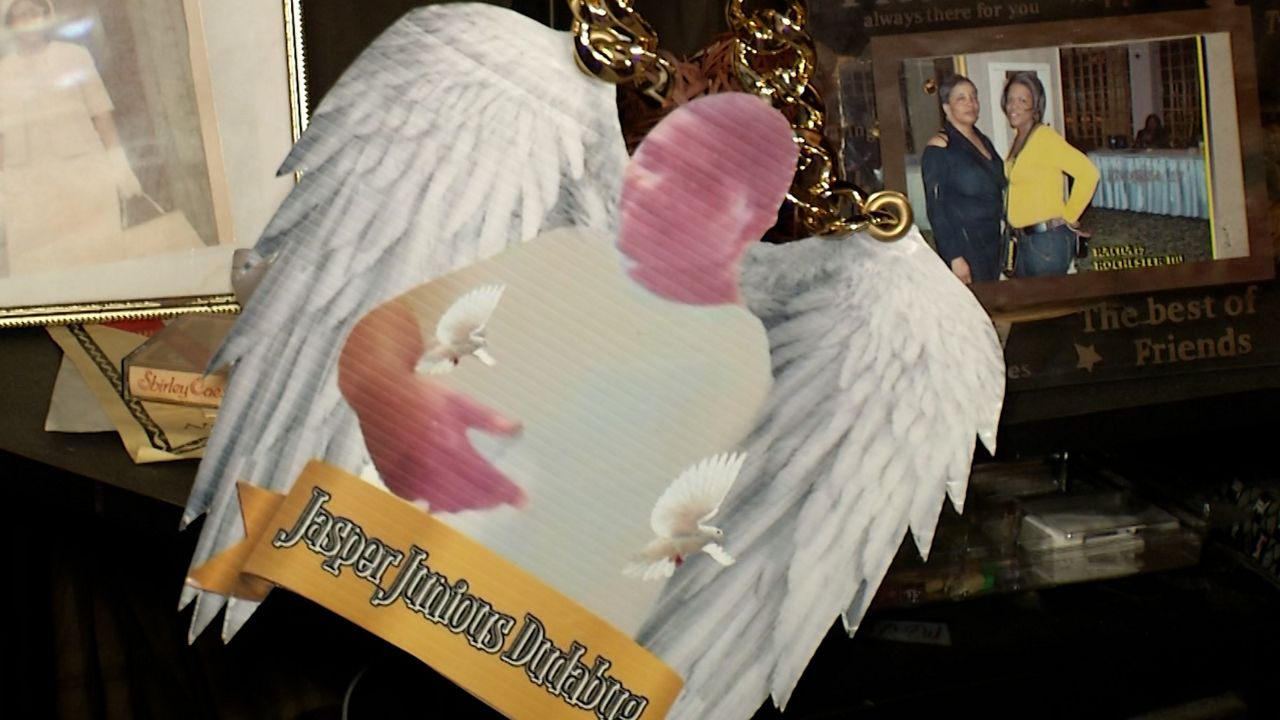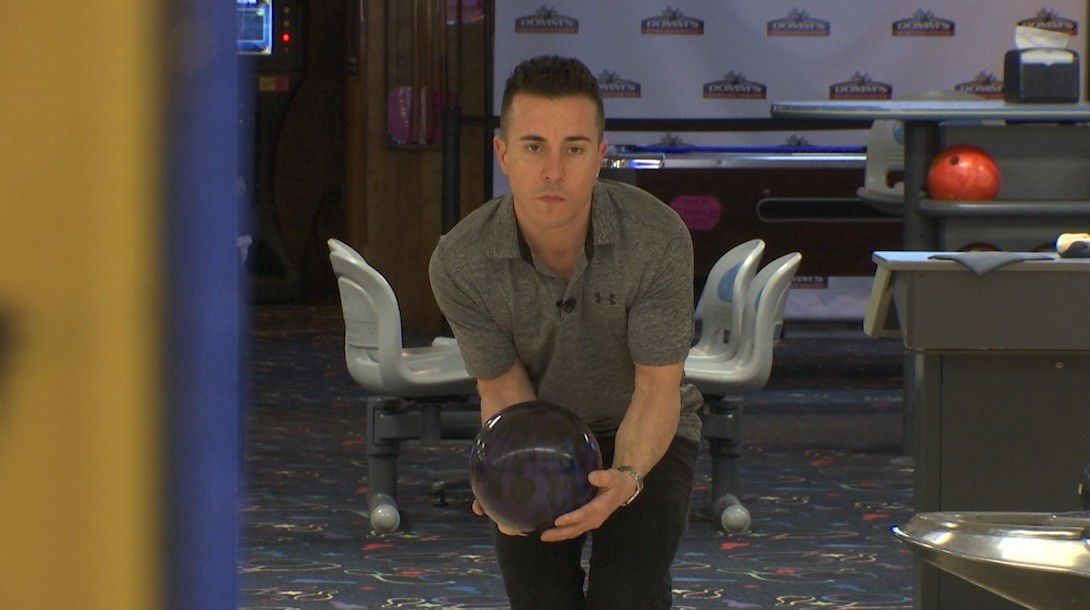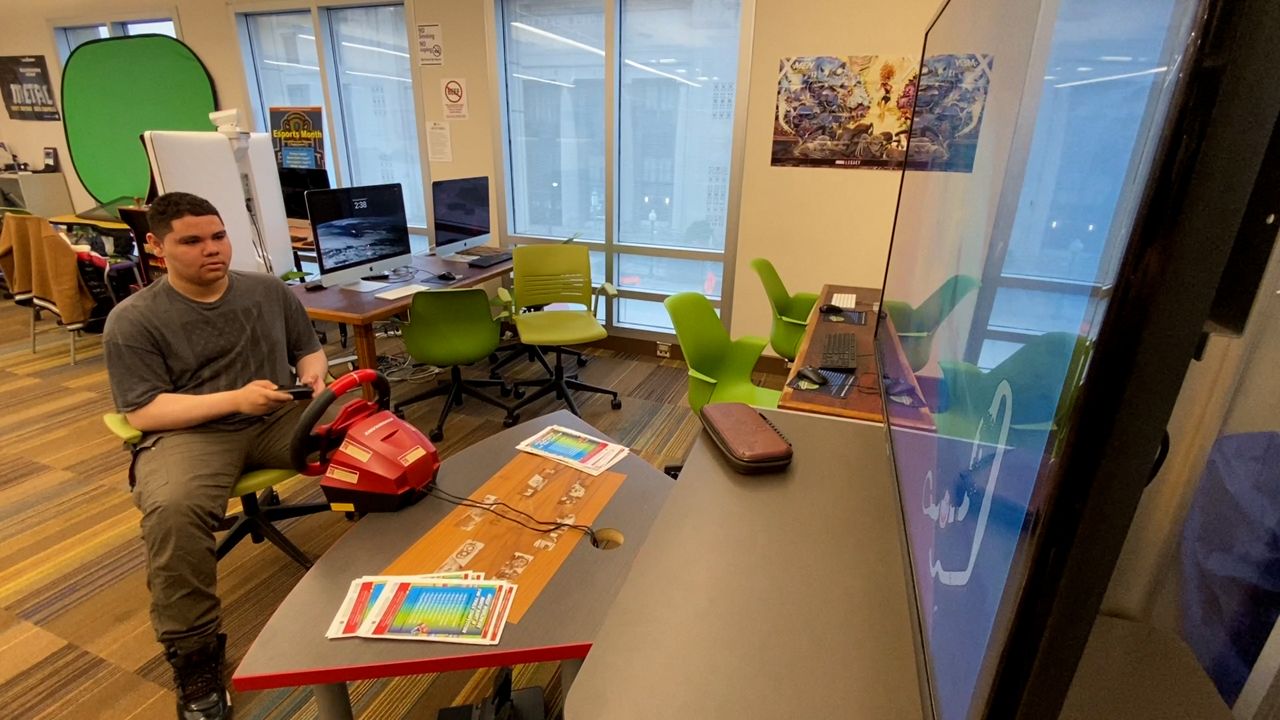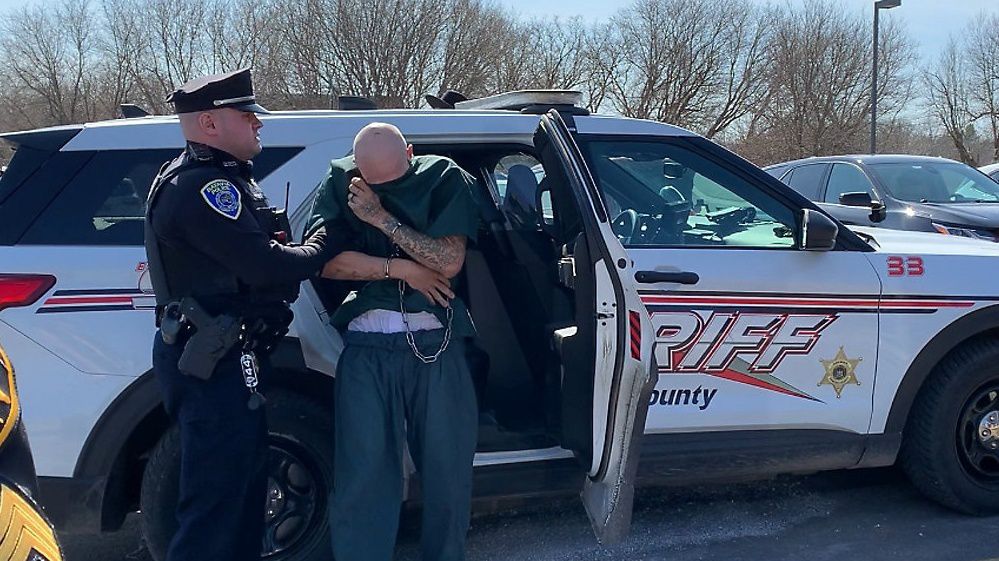ROCHESTER, N.Y. — Music dances through Rebecca Phelps blood.
“It was like the only things that kept me going and that I was excited to do. Even in the hardest, darkest, worst times, I had dance. It feels like breathing, if that makes sense?” she explained. “It feels really freeing. I think it feels like home, a safe place where I can just kind of explore and I can just be me and I can laugh at myself, right? Like nothing is perfect in dance and I can explore like feelings of joy.”
She’s been a dancer for more than 20 years.
“Understanding where dance and movement all kind of relate to the body’s functioning and healing through trauma. I had done some research on that during college and then, I lived it,” Phelps said.
She’s now the owner of Gracious Dance, a dance studio for sexual abuse and domestic violence survivors. The studio’s goal is to provide a way to use movement to heal together, as a group. It’s something Phelps had to do not too long ago.
“I unfortunately experienced a lot of this as a teenager, and then the sexual violence that I experienced during those years sort of went hand-in-hand with how I ended up in an abusive relationship, which is something that is common for many survivors. Unfortunately, it sort of plays into each other,” she explained. “If you do hold that guilt and shame like I did, you carry that with you and so you don’t feel deserving of maybe a healthy relationship. Maybe you don’t see examples of a healthy relationship. Maybe all you’ve seen is the violent dynamic, so you don’t really even think anything is wrong."
"The other thing about abuse and sexual violence is a lot of times it can be really sneaky. So abusers and people like wanting to harm you, we’ve all heard of grooming and stuff like that at this point, but there’s like a befriending sort of thing that can happen, a dynamic where the boyfriend is really, really kind and then really awful. And like you have this dissonance between, well, that’s not who I remember him to be. And, well, you kind of explain it away. And then of course there's like that shame of if you tell and if you do and and what that looks like for you and maybe it is my fault and they kind of twist a lot of different things.”
It’s a common cycle that happens to an estimated 10 million people every year, according to the National Institutes of Health.
“You believe what they're telling you, that you're not worth it, that you're ugly, you're unlovable. And the messages from my experiences before were also echoing those same things and were truly what I believe, like I believed I deserved what happened to me than this sexual violence. And I believed that I must have done something really, really bad to have deserved it. That it was my fault, which isn’t the truth. And I now know that’s absolutely not the case,” she said.
She describes domestic violence and sexual abuse as crimes of power that can cloud the victim’s judgment due to loyalty in a relationship.
“There is like this fog and it's a protection for sure, because your brain can’t necessarily comprehend the evil this person is doing to me. And there’s someone that loves me like we love each other. Right? So it’s a very confusing spot to be and I think the abuse thrives in that confusion, which is which Is part of why they do it,” Phelps explained. “For me, it got to a point where it was becoming worse and worse. It was progressing. It escalated to a point of unforgivable acts.”
Phelps started her healing journey at therapy after a close friend reminded her of her self-worth. Those conversations of reassurance are how she recommends anyone with concerns of a loved ones safety in a relationship approach the sensitive topic. However, it was a key to her high school dance studio that gave her a safe place to reconnect with herself and begin her path to recovery.
“It allowed a connection with my body that was safe and expression that, you know, even without words. Because oftentimes for survivors, it’s hard to say those things out loud. It’s hard to have words. So even if no one knew what I was expressing, I was able to like, move and express myself,” Phelps said. “It started to change my life and I was dancing and that was always like where I had safe place to go back to. So I knew that I wanted to help other people, like I wanted to share so that other people felt less alone because I felt so alone and so misunderstood. Like, truly, like all these things are my fault.”
Gracious Dance offers meditation, yoga lessons, self-care, and breathing exercises among ways it’s providing healing services to the community. The classes are open to all ages at no cost because these situations can happen to anyone.
“It is happening to your neighbor, it is happening to people in your family, it is happening to your daughters, your sisters, your cousins and your friends, and like, it is so important that we bring this up because it’s not just happening like way faraway from you and thats unfortunately the truth,” she said.
That’s why she says sharing her safe place has been the greatest opportunity of all.
“Knowing, like, how many people related and growing in this community is truly like why I wanted to do it was just to create people who understand and create like visibility and awareness that like you aren’t alone because these other people understand,” Phelps explained. “Our stories are different, right?And I will never like, you know, disagree with that, but the feelings that we share, right, all are similar and can relate and we can have compassion and empathy for. And so just having a group that has like understands things is like really cool."
Some signs for victims in a potentially dangerous relationship can include gifts and reassurance after a conflict, discouraging someone from spending time with their loved ones, and threatening words and actions if the victim doesn’t follow an offender's requests. Signs your loved one might be suffering from a domestic violence situation could include isolation, out of character outbursts, or even bruises and scrapes.
If you or someone you know might be suffering, call 800-799-7233.









